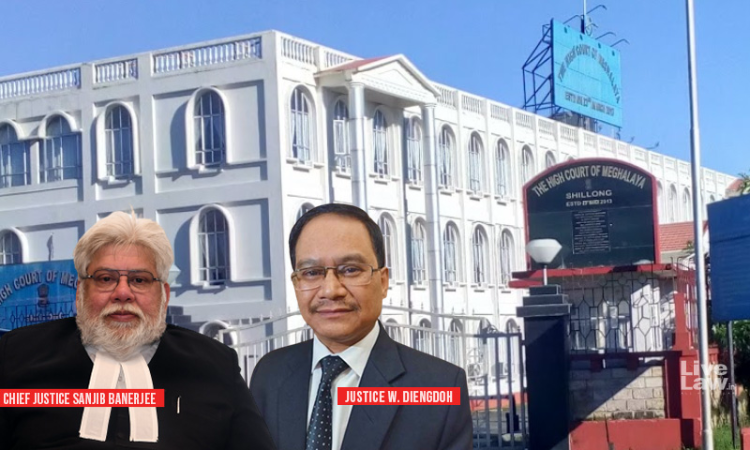"Confession Of Accused Corroborated Victim's Version": Meghayala HC Upholds Man's Conviction For Raping Minor Step-Daughter
Sparsh Upadhyay
22 April 2022 2:43 PM IST

Next Story
22 April 2022 2:43 PM IST
The Meghalaya High Court upheld the conviction of a man for raping his minor stepdaughter as it noted that the confession of the accused as recorded in his statement under Section 164 CrPC had completely corroborated what the victim had to say.With this, the Bench of Chief Justice Sanjib Banerjee and Justice W. Diengdoh also held that if the confessional statement fills up any lacuna in...
